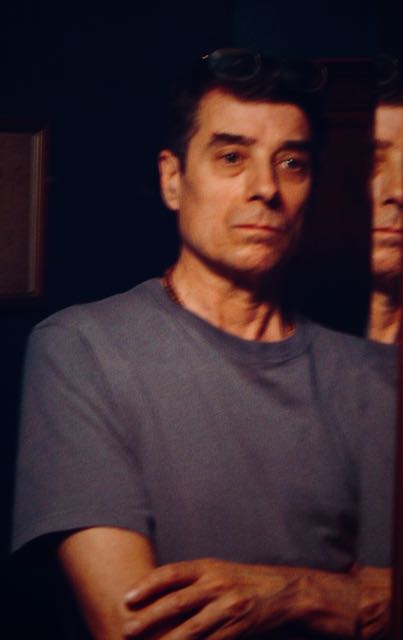
“Were human nature without any inherent goodness, the cardinal virtues, as perfections of natural inclinations, could not exist. If such were the case, no one without grace, and thus no one without faith, could act in any way virtuously.”
“Man is a machine.”
I have an on-going conversation with a very close friend about the inherent goodness of the individual human being. A very good man, in my estimation, he insists that human nature is fundamentally flawed. I, on the other hand, feel that human nature in its essence is fundamentally good.
I suspect that we will end our days without bringing this conversation to a satisfactory resolution. One day, he wrote:
“Why has government been instituted at all? Because the passions of man will not conform to the dictates of reason and justice without constraint.” —Alexander Hamilton
Thus my belief that we are not born inherently good, my friend….
My reply:
This social personality is not whole, it is only part of the psyche, and its perception and interpretation of life is incomplete and limited. I find it educative to remember that the Greek word “persona”, literally, means “mask”. The “mask” is an interesting image in the collective psyche, at this time, particularly at what is clearly an extraordinary turning point, don’t you think?
It is my social personality which needs to be directed and controlled, first and foremost, by myself when I am in my right mind, and by the collective personality when I am not. Nevertheless, the emphasis has to be on self-direction, not that dictated by society, which can only be as wise and as virtuous as the sum total of the myriad “false” selves. However virtuous the collective rational mind is on the surface, if the heart is not sufficiently in attunement with the true nature of the human being, it’s natural goodness— its deep conscience—efforts towards virtuous behavior will be spotty and incomplete. This is the dilemma.
The overlay of the social personality, the social mask, nevertheless, does not vanquish the inherent goodness of the soul. Regrettably, this remains for most people in the unconscious depths, and it is realized in the world only if an individual, not the persona, but a partially-awakened individual takes the deep plunge into realization. This does not happen without persistent self-effort. When we make the conscious effort, then grace is able to enter and assists the process.
